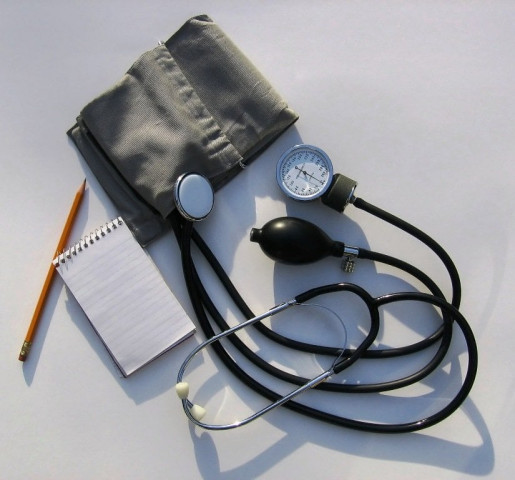A three-year analysis: Report states major chunk of health budget spent on employees
Asks for an increase in repair, operation and maintenance allocations in 3 most populated districts.

Asks for an increase in repair, operation and maintenance allocations in 3 most populated districts. PHOTO: FILE
CGPA’s recent publication titled ‘Budget Analysis of Health Departments: Mardan, Peshawar and Swabi districts’ reveals that in the financial years 2013-2014, total estimated health budget for the province was Rs19.108 billion.

This was a phenomenal increase of almost 150% compared to 2012-2013’s estimated health budget, which stood at Rs7.646 billion. However, this increase did not coincide with the district health budgets.
In 2012-2013, the total revised budget for health in Swabi, Mardan and Peshawar districts was Rs1.584 billion, which increased to Rs1.723 billion in 2013-2014 – an increase of only 8.8% from last year.
The per capita spending of the districts on health in 2013-14 for Peshawar, Mardan and Swabi is Rs229, Rs223 and Rs268 respectively.
Where does the money go?
A major chunk of the budget goes to employee-related expenses. A comparison of 2011-12 with the year 2013-14 reveals the percentage of salary has increased more than 10% over a span of three years. However, the budget of other heads has been compromised.
Operating expenses decreased by 9% in a year while the budget of assets, repair and maintenance and grant stood frozen over the last three years.
Overall, the major findings and recommendations of the study show low levels of allocation to the health sector in the three most populated districts of K-P.

Although there is an increase in the past three years, it is almost enough to account for inflation and is far behind the population increase.
This points to the need to raise the overall budget so a comprehensive development strategy can be achieved. The province is still behind the Millennium Development Goals in the health sector – goals which can only be achieved by 2015 if the amount is increased.
There is no mechanism or practice of involving community stakeholders in budget making.
An interview of the education district officer shows the budget is prepared by assistants of the respective health facilities, while doctors and other officials do not bother themselves with the exercise.
In all the three districts under study, almost 90% of the district health money goes to ‘General Hospital Services’ thus not leaving much money for Expanded Programme on Immunisation, Mother and Child Care, drug control and other health programmes. Their share should be increased as most of the patients comprise children and their mothers.
CGPA Executive Director Muhammad Zahoor said budgets are an important tool for translating policy into action. He said the major chunk goes to the salaries of the employees and they recommend these expenses should be complemented with expenses on repair and maintenance to improve efficiency of doctors.
Every year, budget is allocated even for the posts of doctors which are still lying vacant, he added. The allocation of the health budget for Peshawar has been inconsistent. Though it gained an average increase of 10% between 2011-12 and 2013-14, it does not match with the increasing population and its needs in the district.
The director said lack of medicines at basic health units and other government hospitals in villages is a major concern and the doctors incharge have been complaining as patients come to government health facilities for medicines.
“Health is one of the key social services and should be the prime policy of every government,” he said.
Published in The Express Tribune, January 14th, 2014.













COMMENTS
Comments are moderated and generally will be posted if they are on-topic and not abusive.
For more information, please see our Comments FAQ